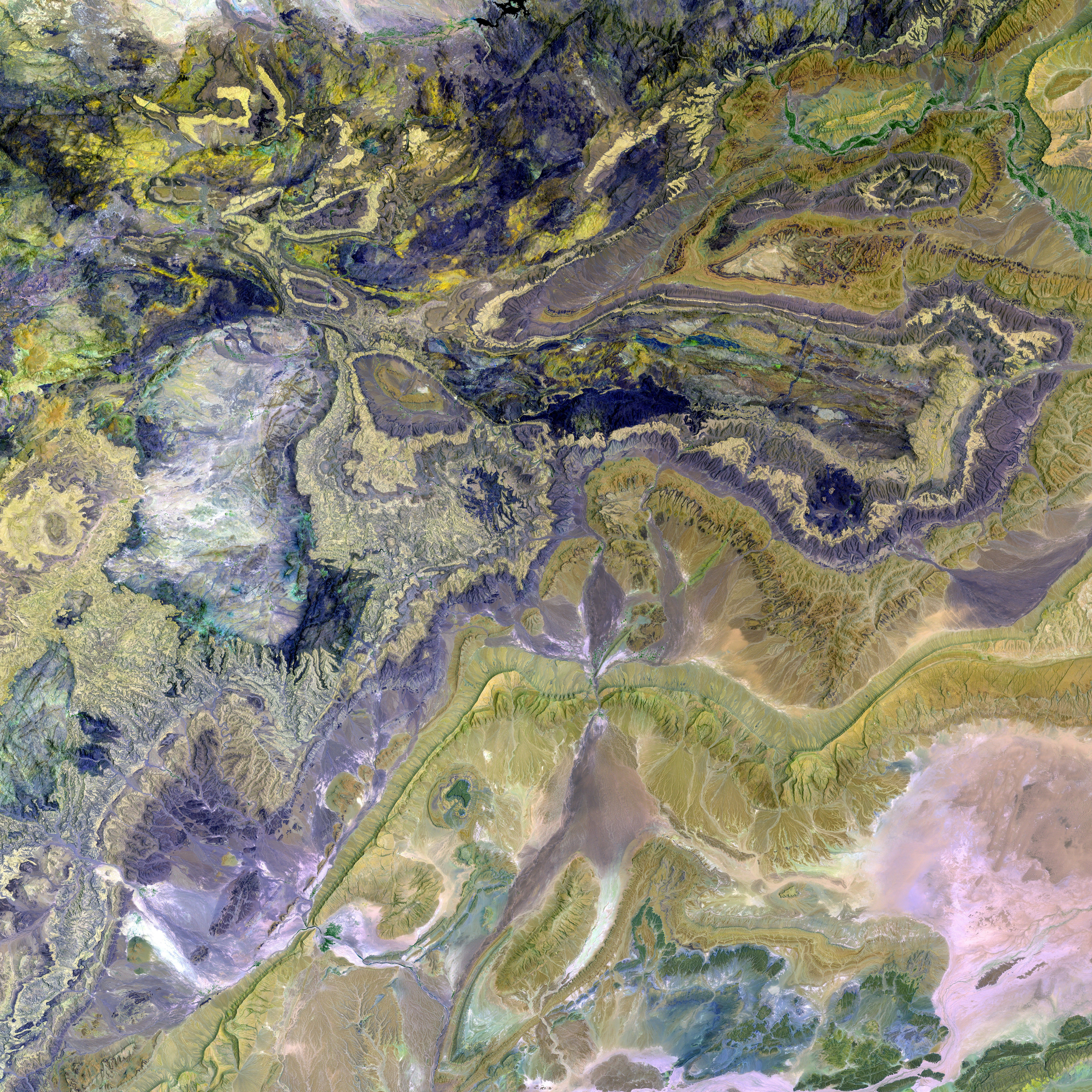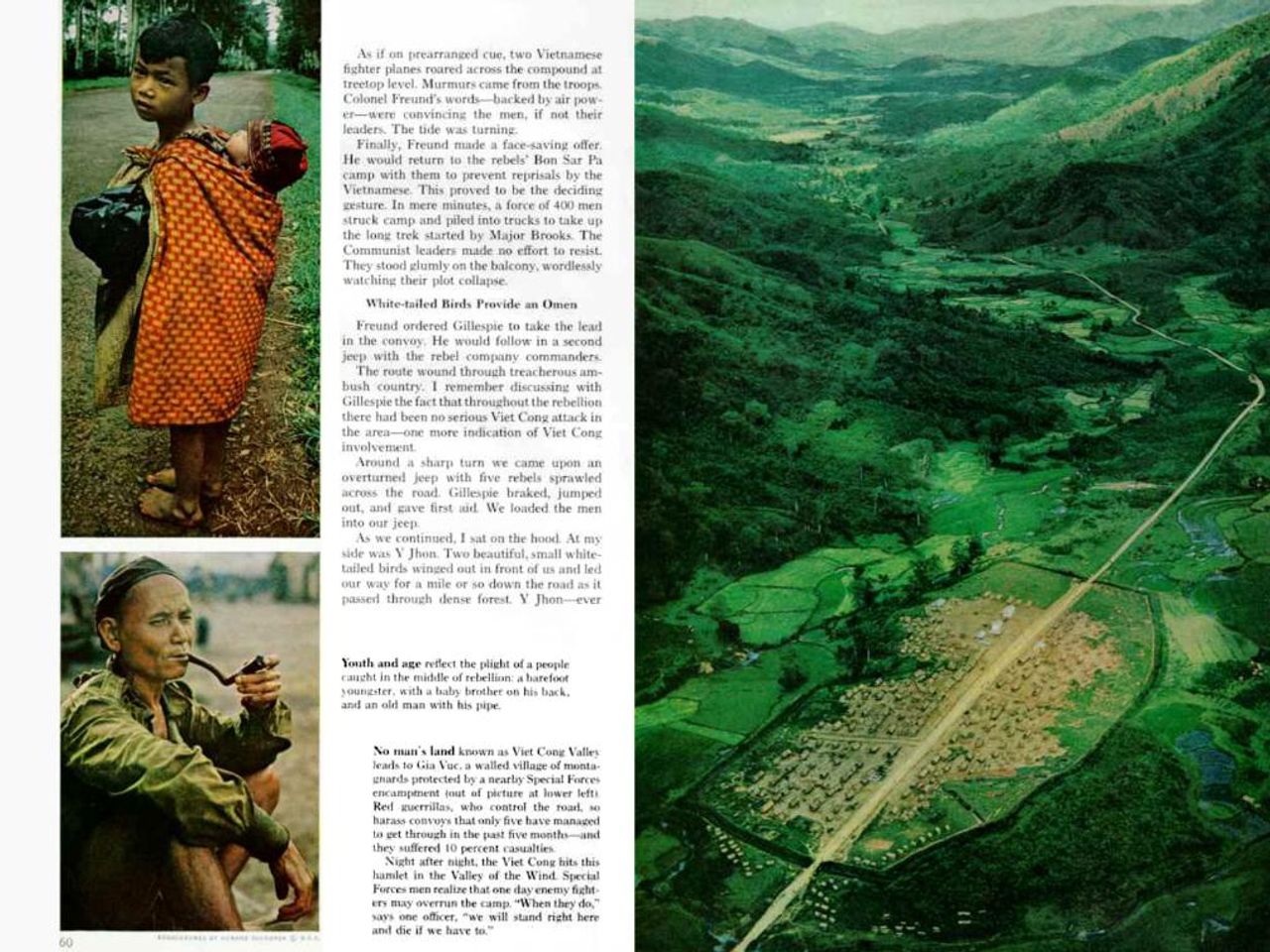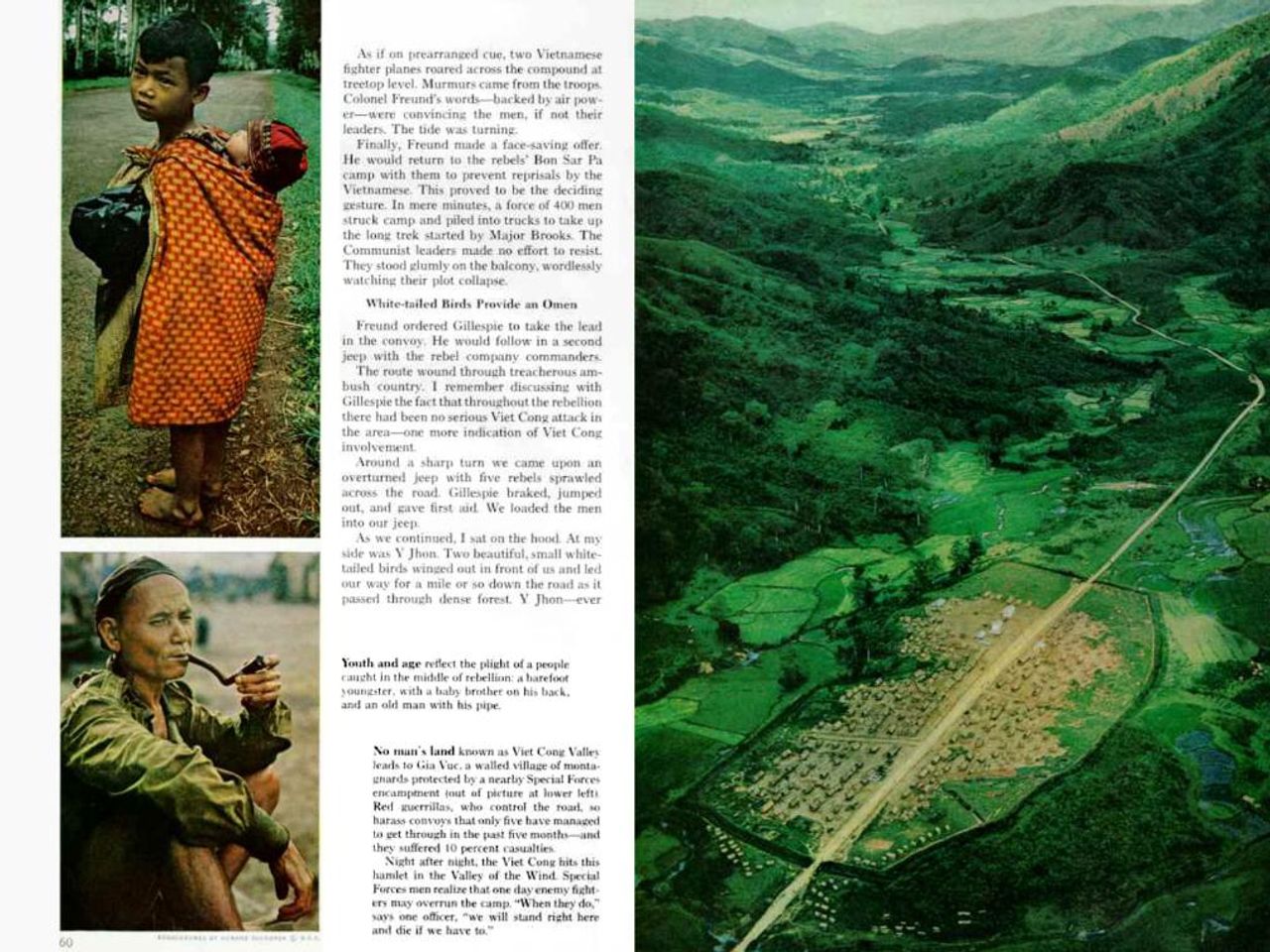Russian Farewell: McDonald's and Instagram Bid Adieu
In a flurry of digital farewells and fast-food feasts, Russia found itself making significant shifts on March 13. That day, Russians were seen posting goodbyes to Instagram and scarfing down burgers from McDonald's, marking the start of significant changes.
Starting March 14, Instagram became officially blocked in Russia, according to Roskomnadzor's decision. Users of the state website "Gosuslugi" even received letters about this. The message advised users to transition to Russia's homegrown internet platforms, such as social networks VK and Odnoklassniki, which boast millions of users.
Meanwhile, as Instagram was kissing the Russian web goodbye, its rival, Telegram, saw an influx of new users. Analysts estimated a surge of 40 million new users. In response, Pavel Durov, the owner of VK and Telegram, posted an ambiguous message, part-troll, part-invitation: "Should I start posting photos here more often?"
Influencers, aware of the larger context, cautioned that using Instagram via Virtual Private Network (VPN) services might be short-lived. Tina Kandelaki suggested, "If you really want to support your favorite bloggers and brands, it's better to subscribe to them on Telegram or VK." She urged fans not to put them at risk, as the future of brands using a banned social network remained uncertain.
Some experts predicted that Roskomnadzor might also take aim at YouTube. To escape this potential blockade, state institutions have been migrating their accounts to Telegram, and messages about transferring groups from WhatsApp to Telegram have been circulating in school parent chats.
On the culinary front, Russians lined up for their last taste of McDonald's, singing heartfelt tunes as they bid adieu to the fast-food giant, which was set to shut its Russian operations on March 14. One protester, Luka, even chained himself to the doors of a McDonald's restaurant in protest. "I must change my entire lifestyle," he declared, "I must restrict myself, but I don't want to do it forcefully. It's violence against my conscience and choice."
A VPN, or Virtual Private Network, is a digital tool that creates an encrypted connection between a device and the internet. It reroutes traffic through a remote server, masking the user's IP address and protecting data from surveillance, hacking, or tracking. In Russia, VPNs are commonly employed to bypass government censorship, protect privacy, or access global services. Users of a VPN can access blocked websites, dodge state surveillance, or unblock geo-restricted content.
- Due to Roskomnadzor's decision, Instagram became officially restricted in Russia starting on March 14, leading some users to receive notifications about transitioning to domestic internet platforms like VK and Odnoklassniki.
- As Instagram was being blocked, its rival, Telegram, saw a significant increase in users, with analysts estimating a surge of around 40 million new users.
- Influencers like Tina Kandelaki have warned that using Instagram via VPN services might not be a long-term solution, suggesting that subscribing to favorite bloggers and brands on Telegram or VK would be a safer option.
- Some experts have speculated that Roskomnadzor might also target YouTube for potential restrictions, leading state institutions to migrate their accounts to Telegram and prompting messages about transferring groups from WhatsApp to Telegram in school parent chats.








